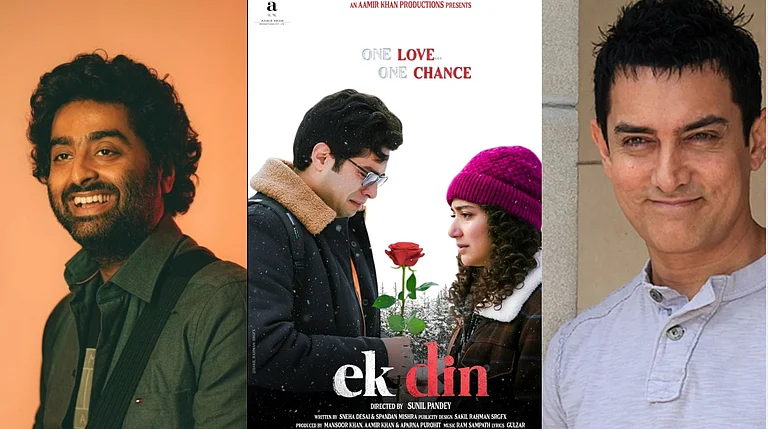
At Mysore’s Central Food Technological Research Institute (CIFTRI), eating is sometimes called volunteering. When a new food is invented, staff members offer to taste it. And it doesn’t just make foods; it also makes things that make food. Away from its main building, one such machine is making dozens of dosas every minute. It’s a rectangular metal box that drops the dough and flattens it perfectly even while turning a huge pan around. The taste is unmistakably Tamil, which means it is perfect. There is an automatic idli-maker too, churning out idlis on a short conveyor belt. Sitting in his commodious office, cftri director V. Prakash says, "We are planning to upgrade the dosa-machine so it can inspect the viscosity of the dough and the gas content—which is responsible for the holes in a dosa."
A more ambitious project is in its early stages. Diet by genes. Prakash believes that today people make broad judgements about food: carrots are good, deep fry is bad. cftri is trying to find a way to set diets that match a person’s genetic make-up. "Masala dosa may go well with one person but may harm another," Prakash says. Similarly, some people are prone to fat-induced troubles while others may be genetically protected from the ill-effects of the good life. CIFTRI plans to go out and study various Indian communities, how and why the diet changes from village to village, draw up a history of food, and build a register that will advise a particular set of people not to eat specific foods and others to go ahead and consume. A day may come when food will not kill Indians. Though starvation still might.


























